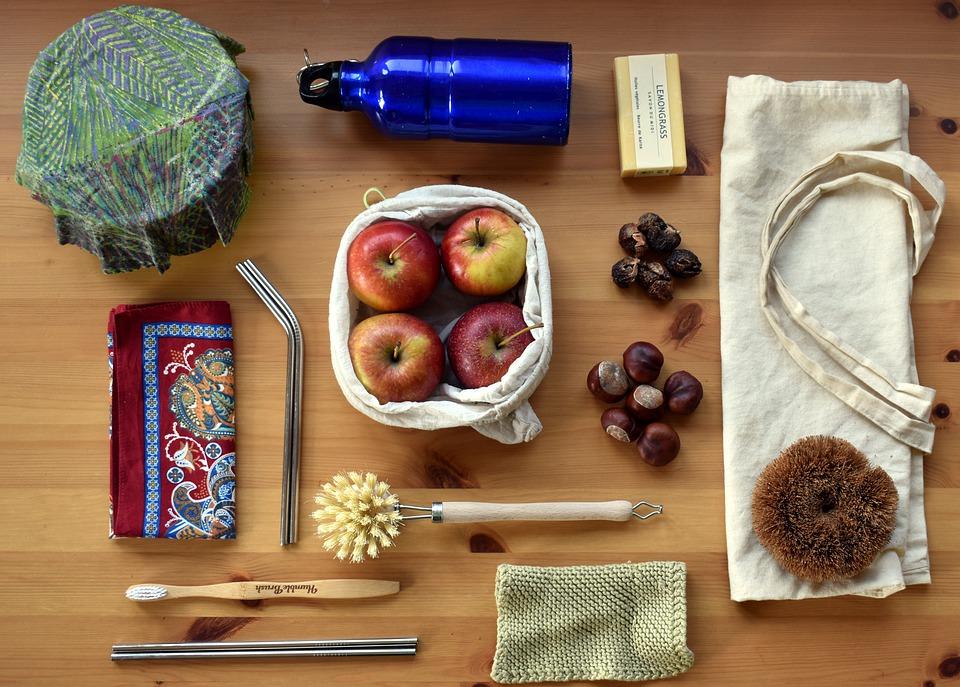What is exactly is Zero Waste?
Generally, "Zero Waste" is a philosophy of eliminating the generation of materials that have no viable or economic option for end-of-use management. In reality, there are varying interpretations for when (and if) it is achieved.
Zero waste living is, quite simply, reducing any landfill waste to an absolute minimum. If a company makes a product, let's say a toothbrush, and then a store sells you that toothbrush, throwing away not only the packaging but eventually the toothbrush, is now your responsibility.
Adopting a Zero Waste lifestyle is cyclical and does two fundamental things: It redesigns our systems and resource use—from product design to disposal—to prevent wasteful and polluting practices.
When you want to go zero waste, it can be a frightening start. But, here are some tips that can make it a lot easier for you and your family:
1. Eliminate Single-Use Plastics
Stop using plastic straws, even in restaurants. If a straw is a must, purchase a reusable stainless steel or glass straw. Use a reusable produce bag. A single plastic bag can take 1,000 years to degrade. Purchase or make your own reusable produce bag and be sure to wash them often. Give up gum. Gum is made of synthetic rubber, aka plastic.
2. Bring Your Own Reusable Bag
Some grocery stores offer discounts to customers who bring reusable bags: Now that's an incentive! If every person in Kannapolis North Carolina used one less grocery bag, it would cut waste by 5 million pounds and save $250,000 in disposal costs. The average reusable bag has a lifespan equal to that of more than 700 disposable plastic bags.
3. Declutter
People should, however, be much more concerned with the why—the purpose behind decluttering—than the what. While the what is easy, the why is far more obscure because the nature of the why is highly individual. Ultimately, it has to do with the benefits you'll experience once you're on the other side of decluttering.
4. Reduce
Reduce your home's energy consumption and you'll cut its use of natural resources for powering your house. By unplugging appliances that are used infrequently or seasonally, you can reduce your monthly costs and you also prevent wasting energy.
5. Recycle
Recycling conserves resources. When you recycle, used materials are converted into new products, reducing the need to consume natural resources. If used materials are not recycled, new products are made by extracting fresh, raw material from the Earth, through mining and forestry.
Zero Waste is a holistic approach to addressing the problem of unsustainable resource flows. Zero Waste encompasses waste eliminated at the source through product design and producer responsibility, and waste reduction strategies further down the supply chain such as recycling, reuse and composting.
For recycling services and dumpster rentals, you can call Dumpster Rental Kannapolis NC at 704-529-9123. Visit their office at 13 Verona St, Kannapolis, NC 28083 and talk to their staff about their waste management services that can help you pursue a zero waste lifestyle.












No Comments